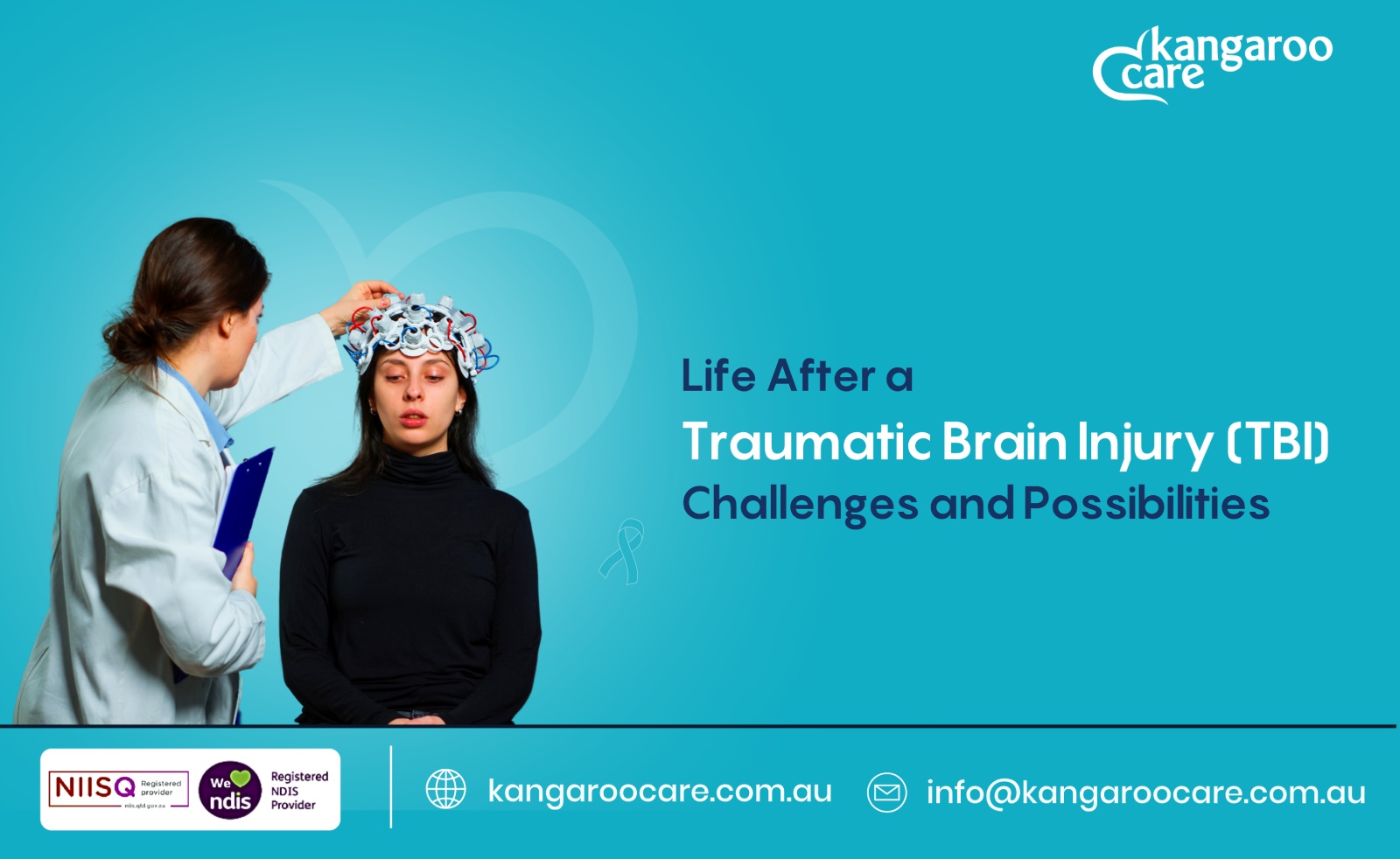
A traumatic brain injury (TBI) can profoundly alter the course of a person’s life, impacting not only the individual but also their family, friends, and community. Millions of people across the world experience TBIs each year, often due to accidents, falls, or sporting injuries. The journey of recovery is complex, marked by unique challenges and possibilities, but with expert and professional complex care, life after TBI can be navigated with greater hope, dignity, and support.
Understanding Recovery After Traumatic Brain Injury
A TBI occurs when an external force causes brain dysfunction, ranging from mild concussions to severe injuries that result in long-term disability. The challenges of life after TBI are multifaceted, affecting physical, cognitive, emotional, and social domains. Physically, individuals may experience difficulties with mobility, coordination, or chronic pain. Cognitive impairments, such as memory loss, difficulty concentrating, or challenges with problem-solving, can disrupt daily life and independence. Emotionally, TBIs often lead to mood swings, anxiety, or depression, which can strain relationships and self-esteem.
The impact is equally significant for families. Loved ones often take on the role of informal carers, handling complex emotions while managing increased responsibilities. The financial and emotional toll of supporting someone with a TBI can lead to stress and burnout, underscoring the need for comprehensive support systems.
In Australia, NIISQ (National Injury Insurance Scheme Queensland) plays a supportive and care coordination role for people who have sustained traumatic brain injuries (TBI), particularly those injured in motor vehicle accidents in Queensland. The National Disability Insurance Scheme (NDIS) also has a critical role in providing access to tailored services.
However, the TBI journey requires more than funding – it demands coordinated, person-centred care to address the individual’s unique needs.
The Role of Expert Complex Care – Brain Injury Support
Expert and professional brain injury support and complex care are pivotal in recovery and enhancing quality of life after TBI. This type of care involves a multidisciplinary team of specialists, including neurologists, occupational therapists, physiotherapists, speech pathologists, and psychologists, who work collaboratively to create a tailored care plan. The goal is not only to address physical and cognitive impairments but also to promote independence, dignity, and emotional well-being.
Complex care goes beyond medical treatment, incorporating allied health services, assistive technologies, and community supports to empower individuals. For example, occupational therapy can help someone relearn daily tasks, while psychological support can address emotional challenges. This holistic approach ensures that recovery is not just about physical healing but about enabling individuals to engage meaningfully in their lives – whether that’s returning to work, reconnecting with hobbies, or rebuilding relationships.
For families, professional care provides peace of mind and respite. Knowing that their loved one is receiving high-quality, coordinated support allows families to focus on their well-being, reducing the risk of carer burnout. In Australia’s disability care sector, this care is often delivered through NDIS-funded support coordination or specialist disability accommodation, ensuring that individuals receive consistent, dignified, and respectful care in environments that suit their needs.
Life After TBI – Embracing Possibilities in Recovery
While the challenges of TBI are undeniable, the possibilities for recovery and adaptation are vast. Advances in rehabilitation techniques offer hope for regaining lost skills. Community programs and peer support groups provide opportunities for social connection, helping individuals combat isolation. Assistive technologies, like communication devices or mobility aids, can enhance independence, enabling people to pursue their goals.
Recovery from a TBI is not linear, and outcomes vary widely. For some, it may mean returning to pre-injury activities; for others, it involves redefining what a fulfilling life looks like. Person-centred care ensures that these possibilities are explored with respect for the individual’s aspirations and values. By focusing on strengths and fostering resilience, expert care can transform the recovery journey into one of empowerment.
Moving Forward with Hope
Life after TBI is a journey of adaptation, resilience, and hope. While the challenges can feel overwhelming, professional complex care offers a lifeline, providing the expertise and compassion needed for a speedier, more effective recovery.
For individuals, this means reclaiming independence and dignity; for families, it offers rest and reassurance. By embracing a holistic, person-centred approach, Australia’s disability care sector continues to pave the way for brighter possibilities, helping those with TBIs and their loved ones build a meaningful future together.





